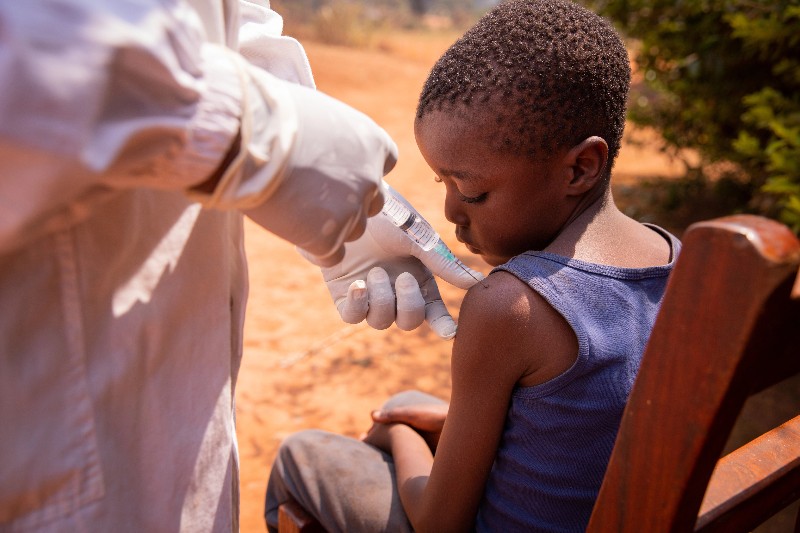
Too many American tourists looking for cheap cosmetic surgeries alongside their beach time are winding up dead in the Dominican Republic, a new report finds. Between 2009 and 2022, 93 people — almost all young or middle-aged women — have died after undergoing tummy tucks, liposuction or buttock enhancement procedures in that country’s clinics, reports… read on > read on >






























